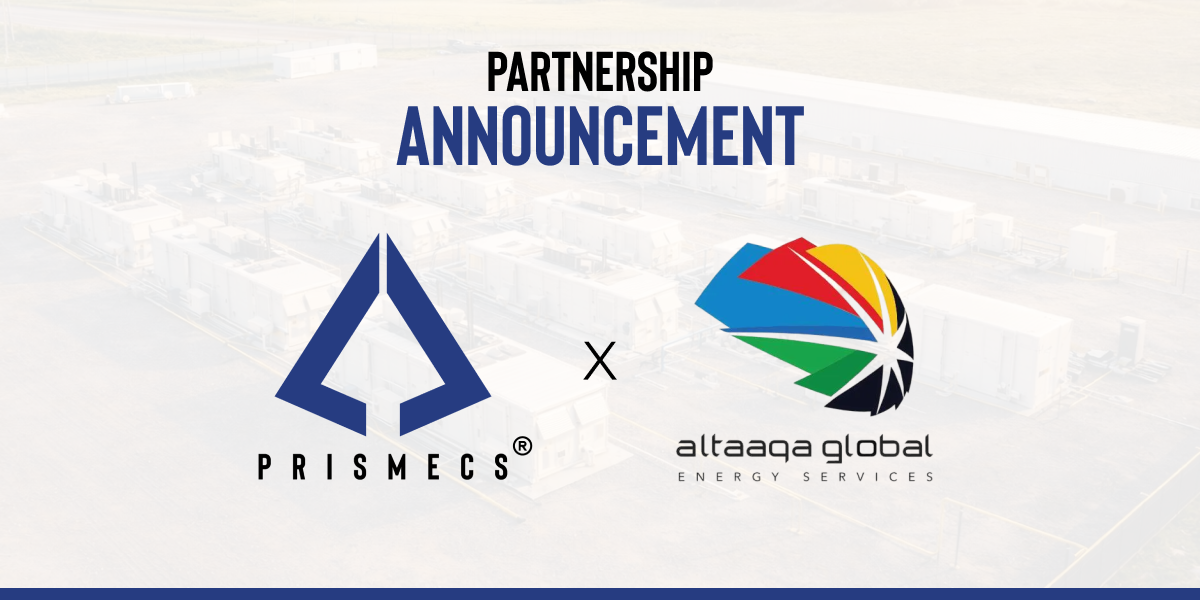
Bitcoin mining is a challenging and expensive process. The construction of mining rigs with enormous processing power costs money, and the rigs themselves need to be powered by a lot of electricity. The operation must carefully balance its costs with the amount of profit it can make.
Miners need to be careful that they aren’t spending more than they are producing because Ethereum mining operations consume the same amount of electricity as a small nation. Ethereum is one of the most popular digital currencies on the market today.
To cut mining expenses and maximize profit, several mining enterprises have started to use solar-powered rigs that are put up in the desert.
Cheap Power is available via Solar Panels
Bitcoin Mining firms are discovering that it is a wise investment to set up solar-powered rigs in the desert if they have the equipment and means to do so. Mining is free once you have paid for the solar panel installation. There is more incredible room for profit when a high electric cost, which usually slows down mining operations, is gone.
In the last five years, the energy used by Bitcoin has multiplied tenfold, reaching over 91 terawatt-hours annually, or around 0.5 percent of the world’s electrical use. The rising rate of energy use has sparked a drive for greener energy and lower electricity usage.
The two main issues encountered when bitcoin mining is:
Electricity Prices and Usage
The energy required to mine a single Bitcoin ranges alarmingly from 86,000 to 286,000 KWh. With an average cost of 5 cents per kWh, bitcoin mining costs about $35,000 to produce a new bitcoin. The truth is that miners only make money when they complete challenging puzzles or when they join mining pools; the former involves a significant amount of electricity use, which results in miners incurring significant electricity expenditures.
Effects of Mining on the Environment
Because it uses so much electricity, bitcoin mining has significantly increased the rate at which climate change occurs. Bitcoin mining increases global warming by two °C yearly by emitting about 57 million tons of CO2. Over 24 kilotons of toxic e-waste are produced annually by Bitcoin mining, which worsens the environment in addition to the discharge of harmful gases.
The benefits of solar energy over electricity can be divided into two groups
Here are a few benefits that crypto miners can attain by using solar energy:
Benefits due to cost
Solar energy generates no more costs after the initial purchase and installation and doesn’t require maintenance. Between 30 to 50 panels are needed to produce the necessary electricity, costing roughly $35,000.
Investing in something that costs around the same as mine one Bitcoin is unquestionably worthwhile. Knowing this, switching to solar energy is much less expensive than paying enormous sums yearly to have the same outcomes.
Other cost benefits of solar energy over conventional electricity include:
- Almost 25 years after the initial payback period, mining is free.
- Countries such as the United States, Canada, and others have hostile power prices, which make it possible to profit from extra electricity produced.
- The federal solar tax credit enables a 30% installation cost discount. Further cost reductions can increase mining’s profitability.
- Mining operations are unaffected since solar panels, as opposed to conventional electricity, produce energy in all weather conditions.
- Solar energy has limitless potential and will steadily become more affordable and accessible.
Advantages due to the natural effect
Global efforts to combat climate change have resulted in funding for renewable energy sources and changes to regulations. It is envisaged that switching to solar energy will help offset the significant carbon emissions caused by mining operations. Already, renewable energy sources provide 56% of the total energy used by Bitcoin miners.
In nature, solar energy has some benefits over conventional electricity, including:
- It improves air quality and is free of pollution.
- It contributes to the fight against climate change by not emitting greenhouse gases.
- Dependence on fossil fuels has decreased.
- In contrast to fossil fuels, solar energy does not require water resources, which reduces water pollution and has no impact on the world’s water supply.
- Land pollution frequently happens with fossil fuel extraction for power production. Solar energy is better because it doesn’t pollute the soil.
- Solar energy promotes public health, lowers health care costs, and reduces premature mortality and its cost and climate change benefits.
Factors to Consider When Using Solar Energy
Bitcoin mining uses a lot of computational power and is an energy-intensive process. Even if using solar energy lowers operational expenses, there are a few things to consider while switching to solar power:
Region
This is a crucial aspect to consider while using solar energy. It should go without saying that brighter areas produce more solar energy and are therefore preferred. The quantity of solar panels required depends on the amount of sunlight (peak sun hours) an area receives. Setting up a renewable mining enterprise requires this.
Power required
The amount of power used also affects how many solar panels are needed. A simple mining system needs at least 450–500 watts of power when employing multiple GPUs, which triples. Bitcoin miners must calculate the energy required to power the mining gear successfully.
I need how many solar panels to mine Bitcoin
The number of solar panels is a vital requirement determined by the area under consideration and the need for electricity. The quantity of solar panels affects installation costs, power output, and the amount of installation space needed.
Space
Another requirement for constructing a sustainable mining rig is space. It takes between 528 and 704 square feet (about twice the area of a parking space) of roof area to install 30 to 40 standard solar panels. This is still another calculation required, and that must be made before the changeover.
Although switching to green energy is frequently suggested, it is crucial first to weigh the pros and downsides and ascertain whether such a transition is feasible. The best bitcoin mining technique can then be decided after consideration.
Mining equipment used
Bitcoin mining rigs are made up of sophisticated appliances with power ratings ranging from 1200 to 3250. The power requirements of the mining machinery affect the number of solar panels needed and, ultimately, the mining rig’s cost. Before switching to a solar-powered system, it is necessary to discover this other crucial number.
Last Words
Prismecs is a unique platform where you can learn everything about Bitcoin mining. Our goal is to bridge the gap between the blockchain ecosystem and the energy industry. We support the use of waste energy and think that addressing issues like gas flaring and stranded gas will benefit both the energy and cryptocurrency sectors. We also offer bitcoin mining services using wind and solar energy.
recent posts

Power Generation
10 minutes read
How to Maximize Uptime in Power Generation Plants
Discover how Prismecs power plant maintenance helps operators prevent outages, protect revenue, and keep turbines running at peak performance. Learn h...

Renewables
8 minutes read
Opportunities in Renewable Energy Development
Explore Renewable Energy Development strategies focused on grid stability, faster deployment, and resilient power systems with Prismecs. Plan your nex...

Press Release
2 minutes read
Altaaqa Global & Prismecs Form Strategic Cooperation to Accelerate Modular Power Deployment Across USA
Prismecs and Altaaqa Global Announce Strategic Cooperation to Accelerate Modular Power Deployment in the United States Houston, TX & Dubai, UAE – Febr...

Procurement
9 minutes read
Complete Guide to Industrial Procurement Services
Explore Industrial Procurement Services for power and oil & gas projects. Cut delays, secure critical equipment, and build resilient supply chains wit...